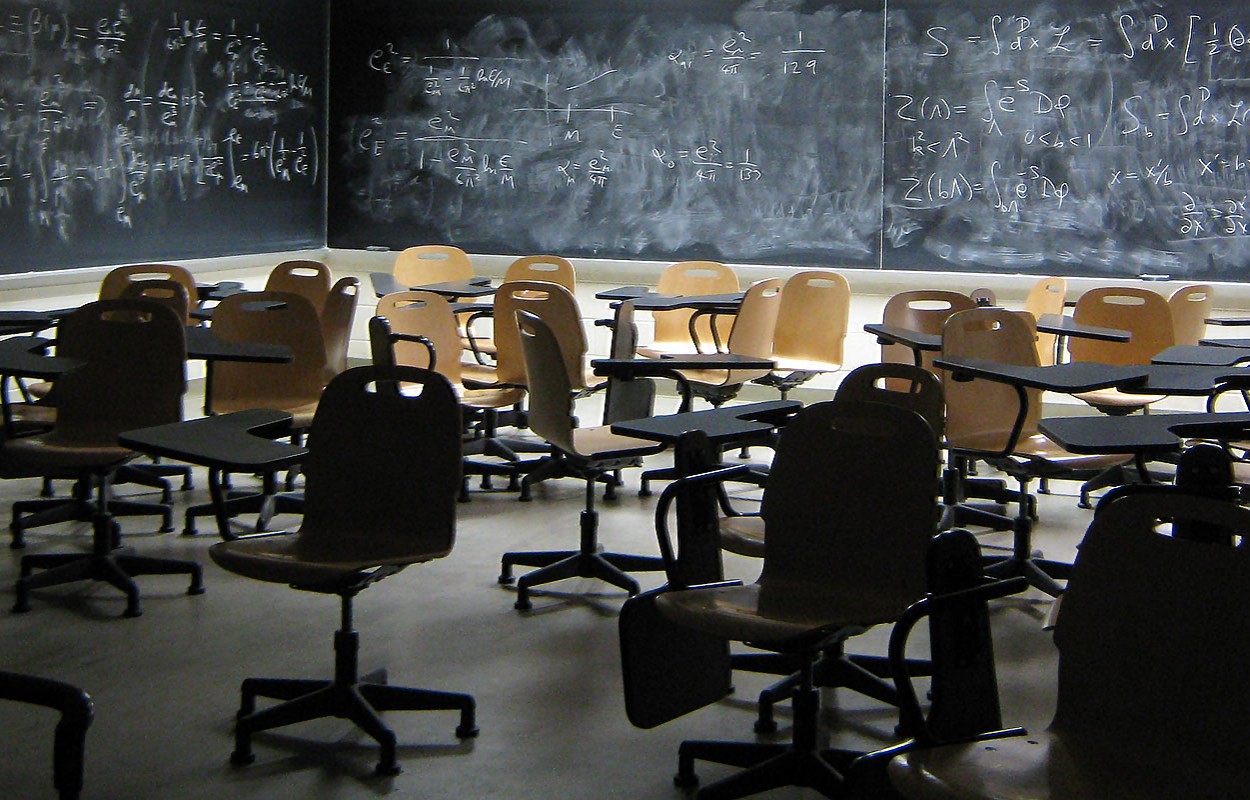
Rainer Weiss at home early this morning, after learning that he has won the 2017 Nobel Prize in physics. Photo: M. Scott Brauer
MIT professor emeritus Rainer Weiss has won the 2017 Nobel Prize for physics along with Caltech colleagues Barry Barish and Kip Thorne, for their “decisive contributions to the LIGO detector and the observation of gravitational waves.”
Check out the discovery paper as well as open access resources on LIGO & gravitational waves: an annotated collection of technical reports, peer-reviewed articles, conference papers, and theses, freely available in the DSpace@MIT repository, that describe work done at MIT, from the earliest science to post-detection research.
These papers, all published as Quarterly Reports of the Research Laboratory of Electronics, describe early ideas by Weiss to develop sensitive antennae to measure gravitational waves. The April 1972 report is of particular interest: Starting on page 54, Professor Weiss writes in great detail about the sensitivity and anticipated noise that can be expected in a kilometer-scale interferometer to measure gravitational waves. This report presciently describes almost all of the major challenges that must be overcome in order for such a detector to work, and lays the foundations for the next four decades of experimental research in this field.
